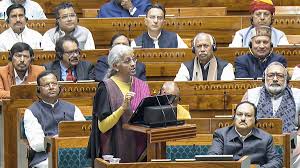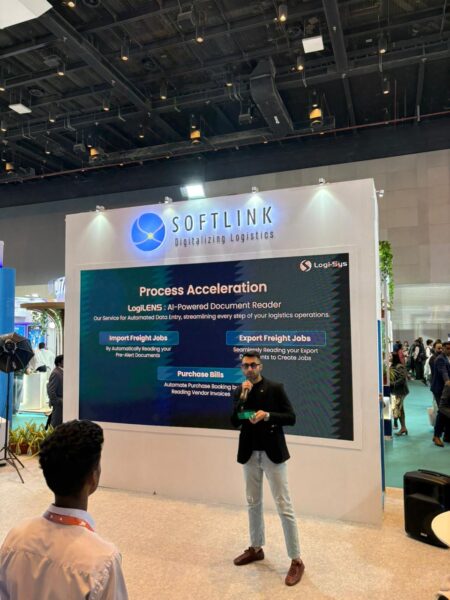‘Digital Fitness’ is the new prerequisite for success where winners will be those who understand how to exploit a whole range of new technologies, from data analytics to automation and platform solutions. Those who don’t, risk obsolescence. Parvinder Singh, Managing Director, Hans Infomatic, shares the details:
Q1. How has digitalisation changed the dynamics of the cargo and logistics sector ever since the pandemic hit?
The Covid – 19 pandemic in recent times has forced companies across, to adapt to new ways of working and doing business, which experts believe is the New or Next Normal. Looking ahead, logistics players in every function have started adopting digital technologies to stay relevant.
Looking at the opportunities brought by digital transformation, the pandemic has even put customs authorities and their response capacities to the test. The urgent need to clear the critical goods needed to respond to the health emergency, while keeping regular trade flows moving forced the authorities to transition to digital customs systems almost overnight.
Hans also facilitated the air community in handling cargo operations right from paperless, contactless to gate pass management. Our Cargo Community System brought together all stakeholders including customs, customs brokers, airlines, land transport, ground & cargo handlers, container freight stations, freight forwarders and shippers under one roof, thereby facilitating the seamless movement of goods and data across the logistics ecosystem. This eliminated unnecessary documentation and delays, hence bringing transparencies in the supply chain and improving upon ease of doing business in the sector.
Q2. Do you think digitalisation has become the backbone of the sector and will help take the sector to new heights?
Worldwide, logistics and supply chains are undergoing a transformation as more artificial intelligence is being employed to manage both domestic and international movement of goods. Cloud technology enabled platform solutions are helping to use new business models, such as ‘Virtual Freight Forwarding’.
The optimisation, automation, and digitisation of customs and border processes are among the areas that new technologies address. These factors are the cornerstones of modernisation and lay the groundwork for generating the high-quality data needed to implement robust and effective risk management systems.
Digitisation also plays an important role in optimising the modern supply chain. It extracts important data from customers, suppliers and documents. It helps to manage the flow of goods throughout the supply chain, ensuring that raw material and products are in the right place at the right time by providing digital tools. It also analyses the warehouse processes and optimise the sending, receiving, storing, picking and management of individual products. This is eventually leading to enormous growth in logistics and supply chain sector.
Q3. Please share your plans for 2022 for Hans Infomatic?
We are definitely looking for more opportunities this year as we will be expanding our footprint to outside India. Further we will be concentrating on large infra products like warehouse management at airports, Container Freight Stations (CFS) and Inland Container Depots (ICD).We are also working on providing better data analytics to business houses. Data plays a key role nowadays, hence we are assisting organisations wherein, data can be accessed and shared at the click of a button. This helps the industry to take informed decisions while building a more optimised infrastructure. Many logistics players are already using our new resources to improve their systems and supply chain networks, reduce costs and are looking for better opportunities to generate more revenue too.











